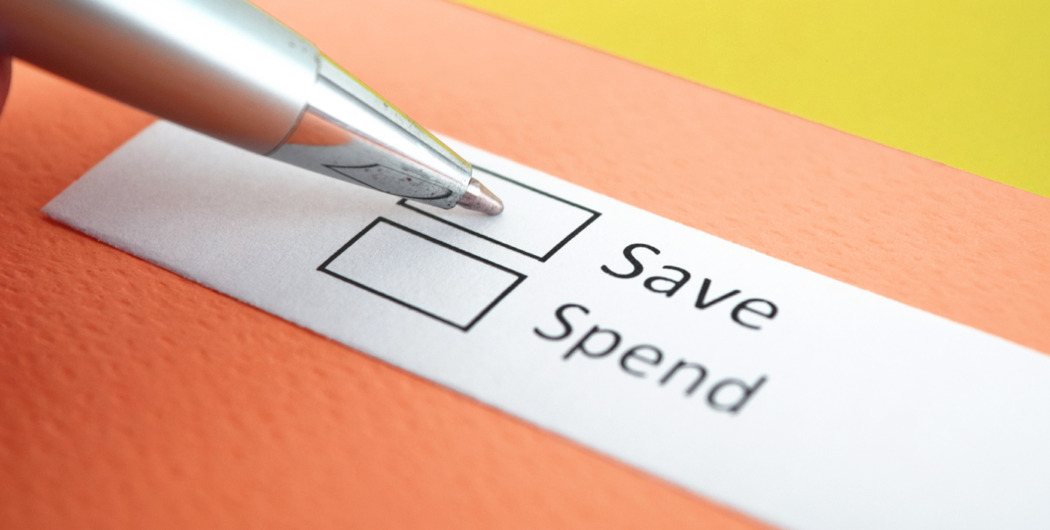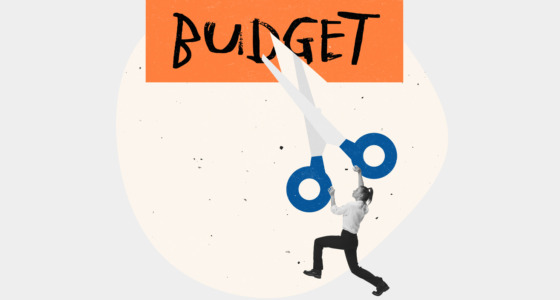

The secrets of financial literacy are not clear to everyone — which makes it difficult to understand how much to save to make a dream purchase. Nevertheless, even if the possibilities are minimal, it’s always feasible to set a certain amount aside for a rainy day, as well as to save up for a specific purpose. The main thing is to calculate the optimal percentage of income that can be saved without compromising the satisfaction of your urgent needs.
Interestingly, approximately 19% of people don’t save at all. And 37% of those who wonder how much money should you save each month and try various methods, do it wrong (for example, they choose too high a percentage or do not keep track of savings).
Let’s look at step-by-step recommendations that will allow you to choose how much of your salary you should save to accumulate the necessary amount without compromising the usual lifestyle!
Step one: set a goal
So, here is the first piece of advice: think about how much of your paycheck should you save, choose a certain goal, and don’t save just on the off-chance. If there is no goal, then the collected funds run the risk of being wasted at the first temptation that comes your way. For example, if you set a goal to save for a tour of Italian cities, try to ignore that showcase with fashionable handbags — you have already made your choice in favor of traveling.
By the way, if you decide how much of your income should you save for some particularly large purchase, it’s best to open a special bank account. Cash savings won’t allow you to receive additional income on your savings, but a deposit does.
Step two: determine a percentage
If you don’t know how much should you save per month, then one of two basic rules can be helpful:
- The 10% Rule: save at least 10% of all income you get. Even if your income is small, an impressive amount will accumulate in a few months. In addition, such a percentage has practically no effect on the overall quality of life.
- The 50/30/20 Rule: when you get your salary, 50% should be spent on basic needs, including utilities, food, medicine, etc., 30% – on personal wishes or even spontaneous purchases, and 20% go into your savings account.
Some experts advise saving up to 30%, but that’s quite a hard task. So, here is the answer to the question “What percentage of a paycheck should go to savings?” — the optimal percentage is from 10% to 20%.
Step three: discuss savings with your family

If you live alone, then the issue of how much money should you have in savings will not be critical — just focus on your own needs and desires. However, having a family or a partner can make it more difficult. You should:
- Take into account your family members` expenses, if they depend on your salary.
- Discuss what things can be done without.
- And, of course, infect your family with enthusiasm for savings!
In general, after understanding how much of your income should you save using the 10% or 50/30/20 rules, adjust them to the needs of your family.

Step four: don’t go extreme
It is important to remember that extremes never bring a positive effect in the long-term. If you think about the question of how much you should save each month and decide that you can give up all your wish lists – that’s a path to failure. Sooner or later, you will break loose and buy yourself all sorts of nonsense, because you’ve restricted yourself for a long time. So, don`t go to extremes and save every penny – make spontaneous purchases once in a while!
Step five: keep accounting
Control and accounting of expenses/savings is an important method of financial literacy, which will allow you to use your funds as efficiently as possible. With accounting, you can understand where the bulk of your money goes, how much you need to spend on basic expenses, and what things you can easily do without.
Thinking “How much should I save?”, you can keep records manually, or you can use convenient applications with automated calculations. With the add-on, you can set a savings goal for a month/year and predict spending. Additionally, a vivid visualization of the accumulation process is great motivation!
Step six: where to save?
Once you’ve decided what percentage of your income should you save for retirement, vacation, buying a car, or other things, choose exactly where you will save. Cash collecting is the easiest and reliable method, but there are other, much more attractive possibilities. For example, many banks offer excellent services for those who save funds:
- setting up an automatic transaction of a certain amount from the usual card to a savings account every month;
- transferring all bonuses and cashbacks to a savings account on the last day of the month;
- rounding spending with sending the balance to a savings account, and so on.
Final words
It’s not that difficult to decide how much and how exactly to save. Use the efficient rules (10% and 50/30/20) described above, take into account the individual needs of the family and you’ll be surprised at the results!









